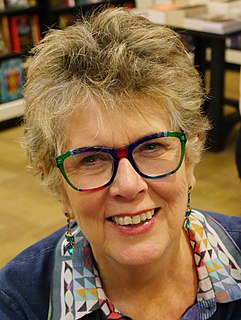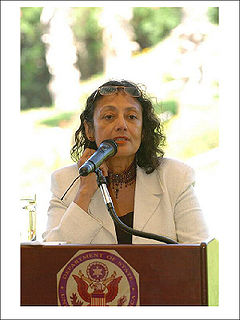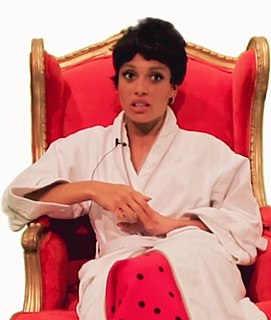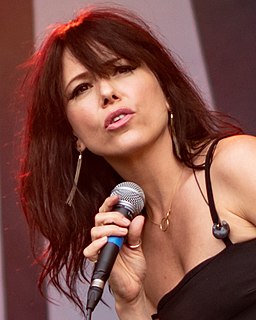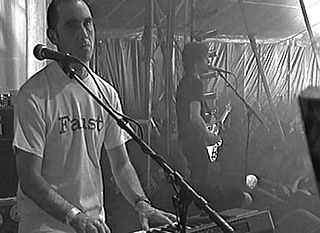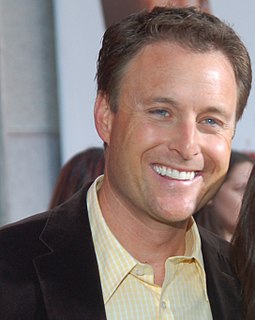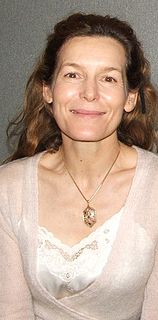A Quote by Prue Leith
I grew up in a very white, privileged, old-fashioned society in South Africa and went to a boarding school run by nuns.
Quote Topics
Related Quotes
I wanted to be a great white hunter, a prospector for gold, or a slave trader. But then, when I was eight, my parents sent me to a boarding school in South Africa. It was the equivalent of a British public school with cold showers, beatings and rotten food. But what it also had was a library full of books.
Taking the continent as a whole, this religious tension may be responsible for the revival of the commonest racial feeling. Africa is divided into Black and White, and the names that are substituted- Africa south of the Sahara, Africa north of the Sahara- do not manage to hide this latent racism. Here, it is affirmed that White Africa has a thousand-year-old tradition of culture; that she is Mediterranean, that she is a continuation of Europe and that she shares in Graeco-Latin civilization. Black Africa is looked on as a region that is inert, brutal, uncivilized - in a word, savage.
And now South Africa has finally woken up and it is doing great things. And if South Africa becomes the template to what AIDS is in the sub-Saharan continent, then all the other countries are going to follow suit. And Michel Sidibe, who spoke at the breakfast meeting this morning, was saying that there is so much hope for Africa now that South Africa has got its house in order.
